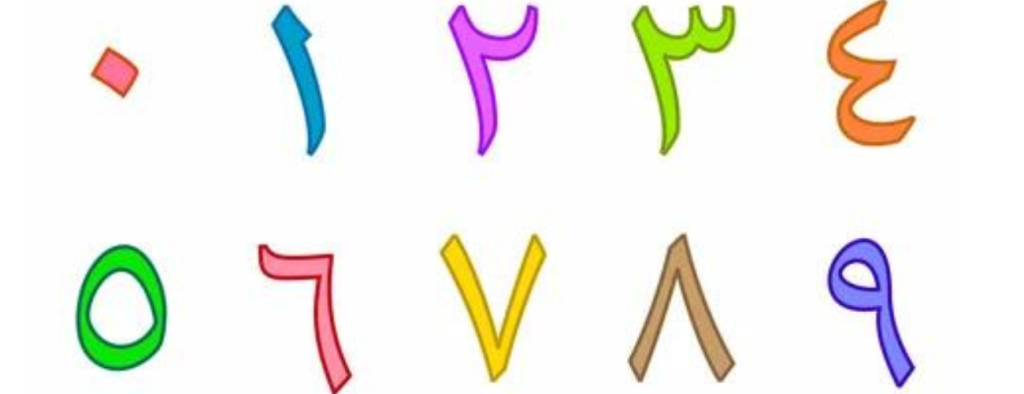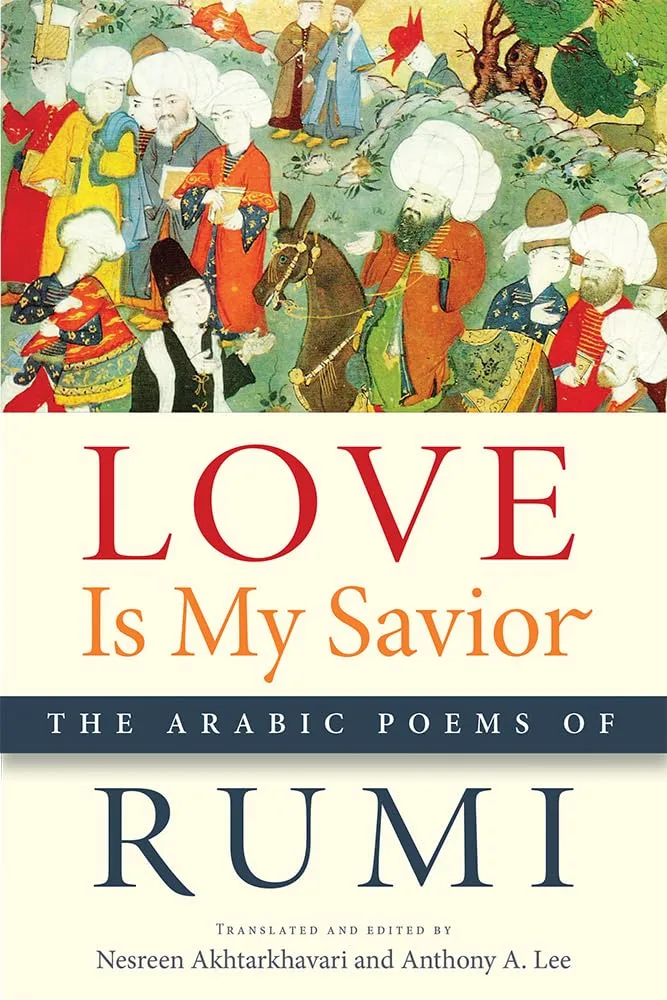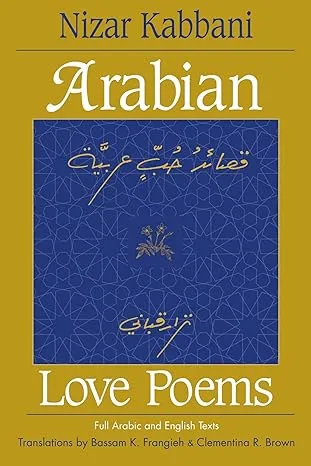Arabic word for white is:
أبيض
(abyad)
How to say white in Arabic
How to write white Arabic
Some sentences using white word:
- الورقة النظيفة بيضاء.
- (Al-warqah an-nazīfah baydā.)
- Translation: The clean sheet is white.
- (Al-warqah an-nazīfah baydā.)
- السماء صافية وبيضاء في الصباح.
- (As-samā’ ṣāfiyah wa-baydā’ fiṣ-ṣabāḥ.)
- Translation: The sky is clear and white in the morning.
- (As-samā’ ṣāfiyah wa-baydā’ fiṣ-ṣabāḥ.)
- الثلج الناعم يغطي الأرض بلون أبيض.
- (Al-thalj an-nā’im yughāṭi al-arḍ bilawn abyad.)
- Translation: Soft snow hides the ground in white.
- (Al-thalj an-nā’im yughāṭi al-arḍ bilawn abyad.)
- السيارة الجديدة لديها لون بيضاء ناصع.
- (As-sayyārah al-jadīdah ladayhā lawn bayḍā’ nāṣiʿ.)
- Translation: The new car has a bright white color.
- (As-sayyārah al-jadīdah ladayhā lawn bayḍā’ nāṣiʿ.)
- الثوب الأبيض مناسب للمناسبات الرسمية.
- (Al-thawb al-abyad munāsib lil-munāsibāt ar-rasmīyah.)
- Translation: The white dress is fit for formal occasions.
- (Al-thawb al-abyad munāsib lil-munāsibāt ar-rasmīyah.)
Opposite to white is black color.
Derived From:
In Arabic, the word for “white” is “أبيض” (abyad). This word has root letters “أ-ب-ض” (A-B-D), which conveys the concept of whiteness or brightness
More words with same root letters:
- أبيض (abyad): white
- الوردة الجميلة كانت أبيضاء وناصعة البياض.
- (Alwardah al-jameelah kānat abyadā’ wa nāsi’a al-bayāḍ.)
- Translation: The beautiful rose was white and pure.
- (Alwardah al-jameelah kānat abyadā’ wa nāsi’a al-bayāḍ.)
- الوردة الجميلة كانت أبيضاء وناصعة البياض.
- عبيد (ʿabīd): slaves (historically, often referred to as those with fair or white complexions)
- في العصور القديمة، كان العديد من الأشخاص يُعتبرون عبيدًا، حيث كانت هذه الممارسة تشكل جزءًا من نظام اجتماعي معين.
- (Fi al-‘usur al-qadimah, kān al-‘adeed min al-ashkhas yuʿtabarūn ʿabeedan, ḥayth kānat hādhihi al-mumārassa tashkulu juz’an min nizām ijtimā‘i ma‘īn.)
- Translation: In old times, many people were assumed slaves, as this practice was a part of a particular social system.
- (Fi al-‘usur al-qadimah, kān al-‘adeed min al-ashkhas yuʿtabarūn ʿabeedan, ḥayth kānat hādhihi al-mumārassa tashkulu juz’an min nizām ijtimā‘i ma‘īn.)
- في العصور القديمة، كان العديد من الأشخاص يُعتبرون عبيدًا، حيث كانت هذه الممارسة تشكل جزءًا من نظام اجتماعي معين.
- تبييض (tabyiid): whitening
- بدأت السيدة استخدام منتجات تبييض البشرة لتحسين مظهرها.
- (Bad’at al-sayyida istikhdam muntajat tabyiid al-basharah li-tahseen mazharha.)
- Translation: The lady started using skin-whitening products to enhance her appearance.
- (Bad’at al-sayyida istikhdam muntajat tabyiid al-basharah li-tahseen mazharha.)
- بدأت السيدة استخدام منتجات تبييض البشرة لتحسين مظهرها.
- أباض (abaḍ): became white (past tense)
- بعد موسم الشتاء الطويل، أباضت الجبال والحقول وأصبحت مغطاة بطبقة جميلة من الثلج.
- (Ba’da mawsim al-shita’ al-tawil, abaḍat al-jibāl wal-ḥuqūl wa’asbaḥat maghṭāh bṭabaqah jameelah min al-thalj.)
- Translation: After the long winter season, the mountains and fields became white and were hided with a beautiful layer of snow.
- (Ba’da mawsim al-shita’ al-tawil, abaḍat al-jibāl wal-ḥuqūl wa’asbaḥat maghṭāh bṭabaqah jameelah min al-thalj.)
- بعد موسم الشتاء الطويل، أباضت الجبال والحقول وأصبحت مغطاة بطبقة جميلة من الثلج.
- أبيضاء (abyadā’): feminine form of white
- الثلج يغطي الجبال بطبقة سميكة أبيضاء.
- (Althalj yughatī al-jibāl bṭabaqah samīkah abyadā.)
- Translation: Snow hides the mountains with a thick layer of white.
- (Althalj yughatī al-jibāl bṭabaqah samīkah abyadā.)
- الثلج يغطي الجبال بطبقة سميكة أبيضاء.
You may also like to learn :








